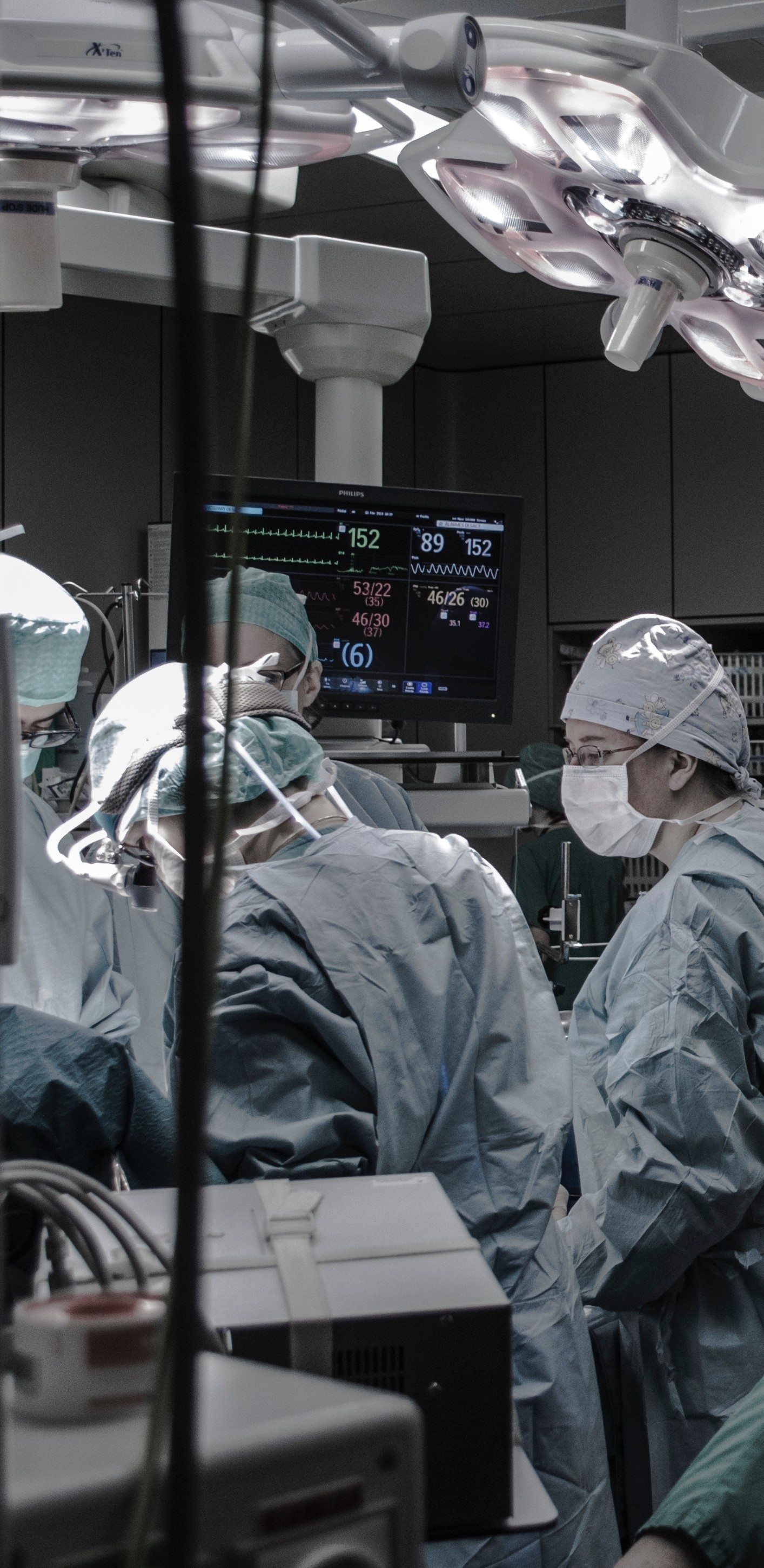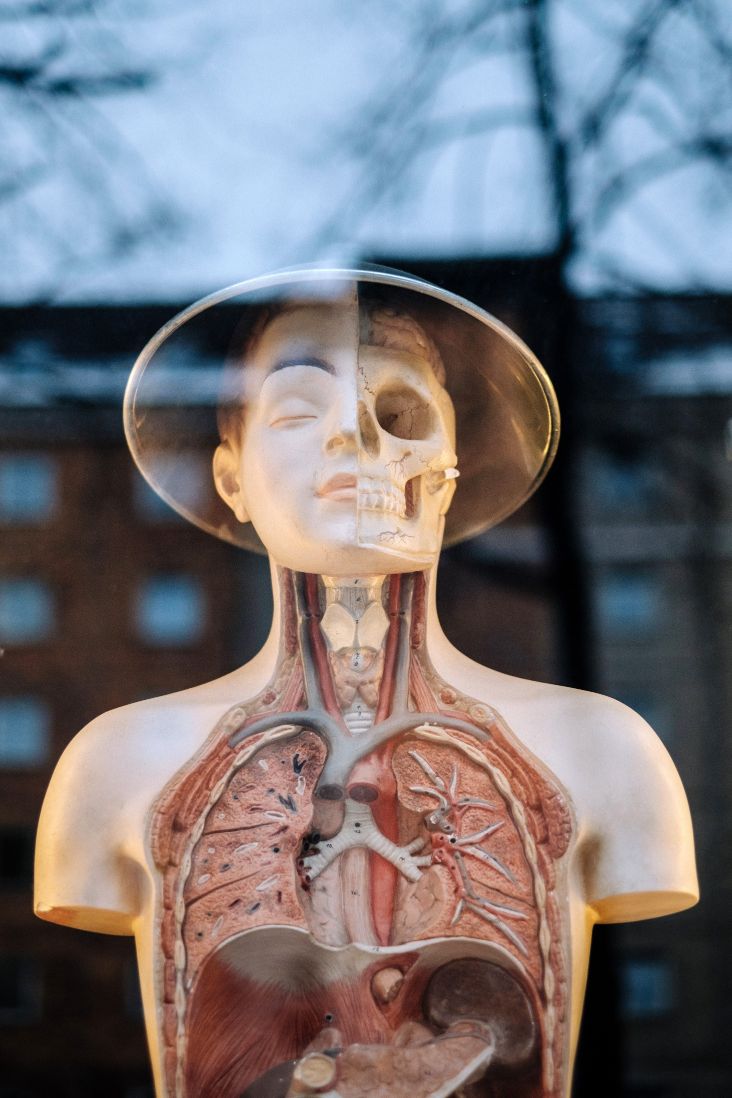How to become a Doctor
Being a doctor is one of the few careers that almost all of us will have witnessed at some point in our lives. Each of us has our own preconceptions and stereotypes about what Doctor’s do and what their job is like, but how much do you actually know about the realities of studying and working within the field of medicine?
Doctors train for between four and six years at university, a further two foundation training years on the job, and potentially up to another six years of training before finally being specialised in an area and becoming a Senior Doctor. All this means being a doctor is a job of constant learning. Even once you’re qualified, the medical field is one of the fastest evolving out there and so you’ll always be learning, throughout your career.
The number of different specialisations you can pursue as a Doctor is vast. From general practice to an anaesthetist, from paediatrics to brain surgery, you can be sure to find something that interests you in the medical field!
The variety of the job and continuous learning, combined with the fact that no day will be the same, makes being a Doctor one of the most challenging, yet also one of the most exciting career paths.

What subjects do you need to become a doctor?
There are specific subjects which are strongly advised when applying to read medicine at university.
Chemistry is a must have. All medical schools in the UK will require you to have studied Chemistry.
Biology is virtually a must-have. Almost all medical schools require you to have studied Biology.
If you’re following the UK A-level system, then your third A-level is encouraged to be either Physics or Maths.
A strong focus on the sciences is a good foundation to build an application for medicine on.
Find out what life is like as a med student by joining our Oxford Medicine Summer School.
How do I become a doctor?
Although there are many different paths you can take as a doctor further down the line, all initial training is the same. The first step on the path to becoming a doctor is to take a medical degree.
Becoming a doctor in the UK
You can begin a medicine degree straight from school. Entry to medical school varies slightly from entry to most other courses, with an earlier UCAS deadline (usually the beginning of October), and an extra admissions test, the UKCAT.
Depending on the course, it involves either five or six years of study, both in the lecture theatre learning the theory and on the ward getting hands-on experience with patients and practicing doctors. You can also take medicine as a graduate degree having studied another (almost always science-based) subject for your bachelors. This is usually a four or five-year course.
There are two main types of medicine degrees in the UK. If you study at Oxford or Cambridge you will spend the first three years in the classroom and then the following three years on the ward. This is known as a traditional pre-clinical then clinical course. At most other universities the courses are integrated/systems-based courses where you get hands-on experience of practical medicine right from your first year of study, and the classroom teaching is interspersed throughout the whole course. The British Medical Association explains the difference in course design here.
Many universities will also allow you to do what is known as ‘intercalate’ for a year – this is when you take a year out of your medical degree to study another subject. This is usually tangentially related e.g. Psychology, Sports Science, Public Health or a whole range of others; however, there are sometimes places available on courses as wide ranging as English Literature! You can find a list of intercalated course places
Check out what a day in the life of a UK 4th year medical student at the University of Oxford is like.
Becoming a doctor in the US
You enter medical school after completing your four-year bachelor degree. Although you can enter medical school with any major in your bachelors, most people tend to focus on the core clinical sciences like Chemistry and Biology. There are also certain ‘pre-med’ courses that most med schools require you to have taken in your freshman year. In the final year of your bachelors, you will do the MCAT (Medical School Admission Test).
Once accepted into medical school, you will spend four years there studying. The first two years are classroom and laboratory-based, with clinical experience being gained in latter two years. Upon completion of your degree, you then spend a further 3-7 years in ‘residency’ training at a medical centre, taking your final medical licensing exam in your first year of this stage.
Places at medical schools are highly sought after and extremely competitive so it’s a good idea to get some work experience to set you up for a good application. Hospitals are an obvious choice and often allow you to come in for a few weeks work shadowing. Another good idea is to volunteer at a local care centre to gain experience in patient care and wellbeing.
Learn more about medicine summer courses at Oxford Scholastica Academy.




What books can I read about life as a doctor?
Kate Granger
(2012: Kate Granger)
The Man Who Mistook His Wife for a Hat
Oliver Sacks
(2011: Picador)
Complications: A Surgeon’s Notes on an Imperfect Science
Atul Gawande
(2008: Profile Books)
Being Mortal: Medicine and What Matters in the End
Atul Gawande
(2014: Metropolitan Books)